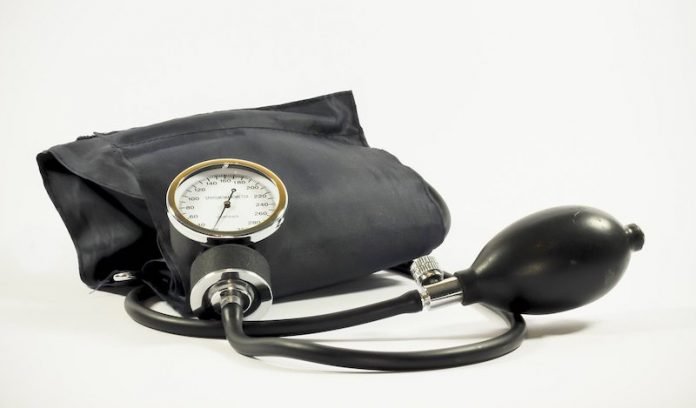
It is important to have regular blood pressure readings taken and to know your numbers, because high blood pressure usually does not cause symptoms until it has caused serious problems.
High blood pressure in pregnancy can raise the risk of later heart and blood vessel problems for both the mother and her child.
Tips for managing high blood pressure at home
If you have been diagnosed with high blood pressure, it is important that you continue your treatment plan.
You will need regular follow-up care and should learn how to monitor your condition at home. Your provider may need to change or add medicines to your treatment plan over time.
Let your healthcare provider know if you are planning to become pregnant. The Pregnancy and High Blood Pressure section has additional information about this topic.
Manage your condition
Keep up your treatment plan, including healthy lifestyle changes, to help control your blood pressure and prevent heart disease.
Making lifestyle changes and remembering your medicine every day can be hard, but there are some tools to help you.
Ask your provider or pharmacist about apps for monitoring and tracking your blood pressure.
They also may know how to get texts to remind you to take your medicine every day and notify you when it’s time to fill your prescription.
Get support from loved ones and others in your community. You can share the Supporting Your Loved One with High Blood Pressure
Have regular medical checkups and tests, as advised by your provider. Ask questions and discuss your progress. Tell your provider about any new conditions or if you have been taking new medicines since your last appointment.
Your healthcare provider may want you to check your blood pressure at home or at other locations that have blood pressure equipment.
Diagnosis offers reminders on how to prepare for blood pressure testing and how to take your blood pressure yourself.
The Blood Pressure Wallet Card can be printed out and used to keep a written log of all your results. Take the log to your health care provider appointments. You may be able to send the readings to your provider’s office electronically.
Treatment provides an overview treatment options for high blood pressure.
When to call your provider; when to call 9-1-1
Know when to call for help for complications
Readings above 180/120 mm HG are dangerously high and require immediate medical attention. Blood pressure this high can damage your organs. Call 9-1-1 if you experience:
A sudden, severe headache
Difficulty breathing
Sudden, severe pain in your abdomen, chest, or back
High blood pressure can also lead to heart attack, stroke, or other dangerous symptoms and conditions. Call 9-1-1 if you suspect this is happening to you or someone else.
HEART ATTACK
Nausea, vomiting, light-headedness or fainting, or breaking out in a cold sweat are symptoms of a heart attack that are more common in women.
Prolonged or severe chest pain or discomfort not relieved by rest or nitroglycerin may be another symptom of heart attack.
Uncomfortable pressure, squeezing, fullness, or pain in the center or left side of the chest can be mild or strong. This pain or discomfort often lasts more than a few minutes or goes away and comes back.
Shortness of breath may accompany chest discomfort or happen before it.
Upper body discomfort can be felt in one or both arms, the back, neck, jaw, or upper part of the stomach.
STROKE
If you think someone may be having a stroke, act F.A.S.T.
F — Face: Ask the person to smile. Does one side of the face droop?
A — Arms: Ask the person to raise both arms. Does one arm drift downward?
S — Speech: Ask the person to repeat a simple phrase. Is their speech slurred or strange?
T — Time: If you observe any of these signs, call for help immediately. Early treatment is essential.
Sign up for our newsletter for more information about this topic.
If you care about high blood pressure, please read studies about exercise that could help lower high blood pressure, and findings of the missing link in our body’s blood pressure control.
For more information about high blood pressure, please see recent studies about a safe and much more efficient way to treat high blood pressure, and results showing habit that can greatly benefit people with high blood pressure, cholesterol.
Source: NHLBI



